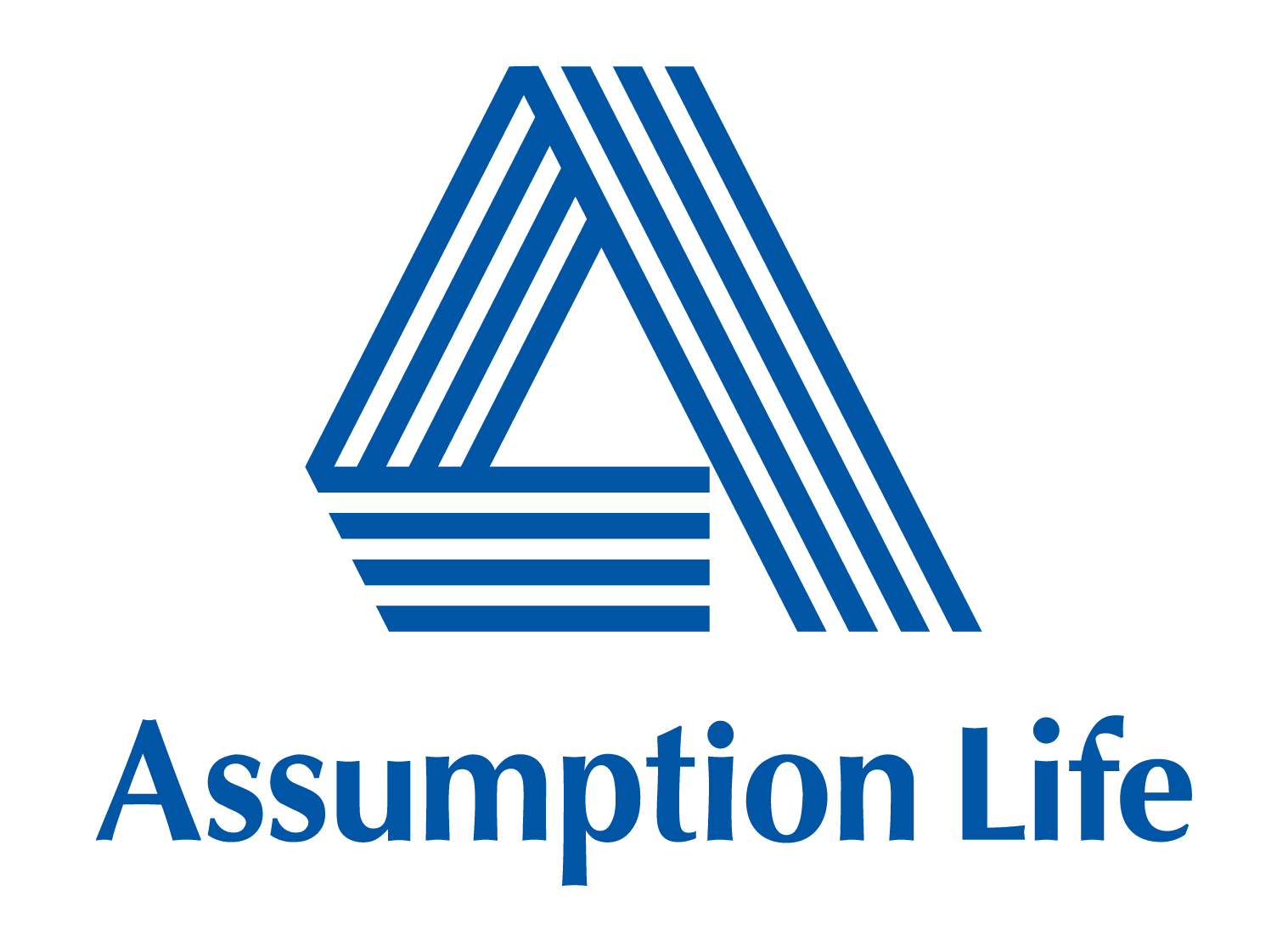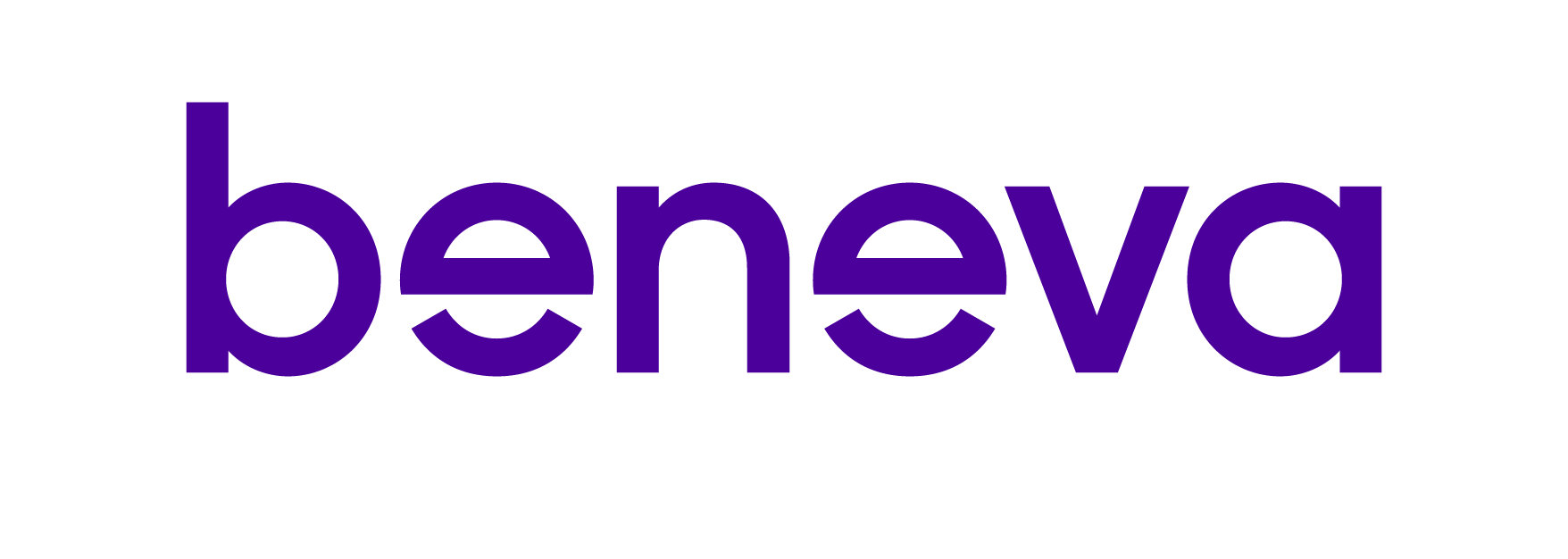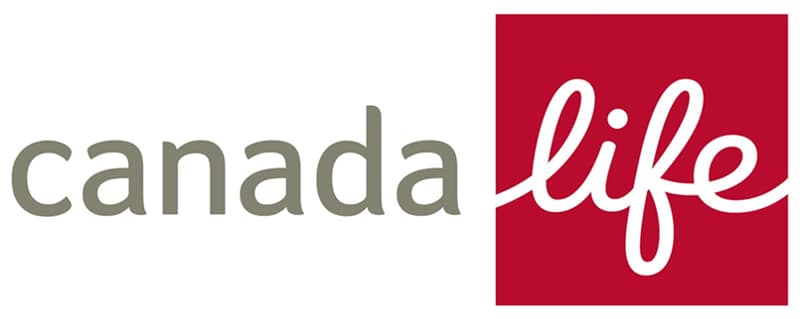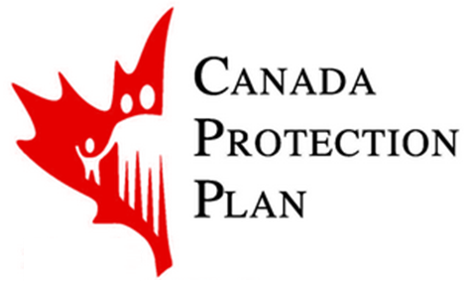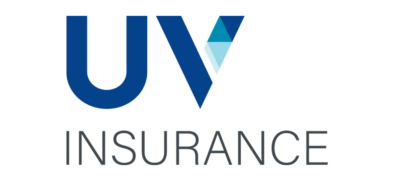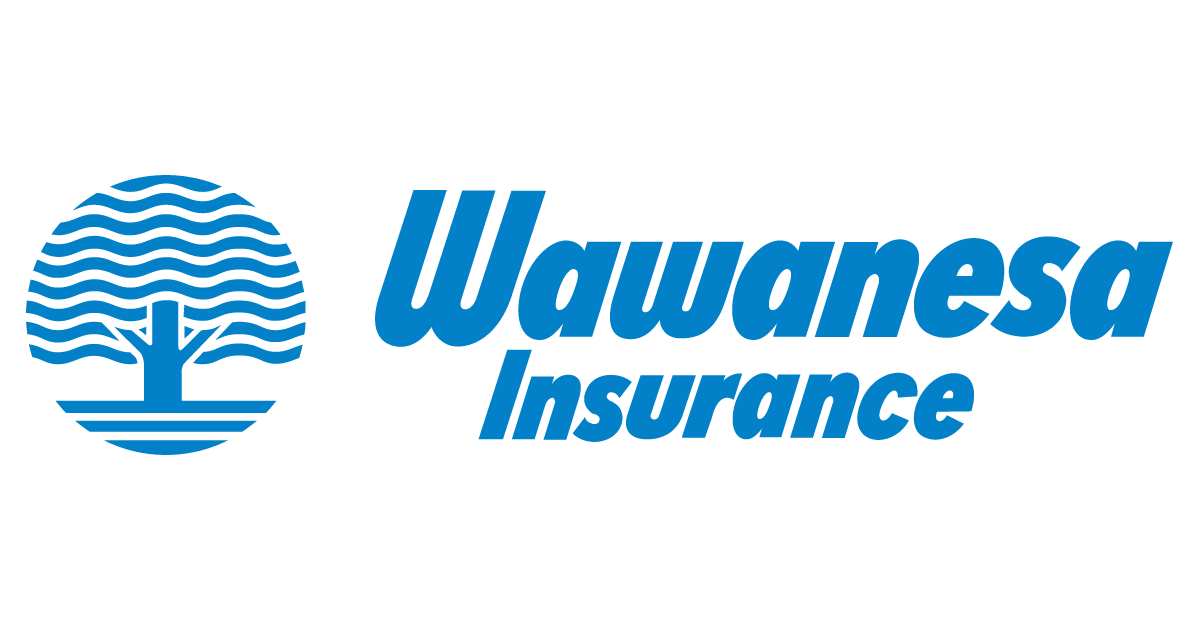- Whole life insurance in Canada offers added cash value growth for legacy building and estate planning
- The best whole life insurance companies in Canada include Sun Life, Manulife, Assumption Life, Beneva, BMO, Canada Life and more
- Key aspects of comparison may include financial strength, customer service reputation, policy customization, and additional benefits
- Whole life alternatives include term life policies, universal life insurance, variable and indexed universal life insurance options
Looking for a reliable whole life insurance provider in Canada? With so many options available, finding the right one can feel overwhelming. Whether you’re seeking the best coverage for your family, added perks, or policies tailored for children, we’ve got you covered.
Our expert advisors have carefully ranked the top 15 whole life insurance providers in Canada, including industry leaders like Manulife, BMO Insurance, Sun Life, and more. From performance to unique features, we break it all down to help you choose the perfect fit.
Keep reading for our comprehensive ratings and reviews of the best whole life insurance companies in Canada!
What is whole life insurance?
Whole life insurance is a type of insurance policy that lasts for your entire life.
Whole life policies provide your beneficiaries with a tax-free death benefit, plus they have a built-in investment component that generates cash value you can use in your lifetime. Some policies also pay dividends.
Most people get whole life insurance to cover long-term needs like paying final expenses or managing future estate taxes.
How does whole life insurance work?
Whole life insurance works by providing lifetime coverage, cash value component, access to funds, dividends, and more. Check out the details about how life insurance works:
- Lifetime coverage: Whole life insurance provides coverage for your entire life, as long as premiums are paid, ensuring your beneficiaries receive a guaranteed death benefit when you pass away.
- Cash value component: A portion of each premium payment goes into a cash value account that grows over time on a tax-deferred basis, offering a savings component alongside the insurance coverage
- Access to funds: The accumulated cash value can be accessed through policy loans or withdrawals, providing financial flexibility for emergencies, education expenses, or retirement income
- Dividends: Some whole life insurance policies pay dividends, which can be used to purchase additional coverage, reduce premiums, or be taken as cash, enhancing the policy’s value
- Financial security: The death benefit is generally paid out tax-free to beneficiaries, covering funeral costs, and debts, and providing ongoing financial support, ensuring peace of mind and financial stability for your loved ones
What are whole life insurance living benefits?
Whole Life Insurance living benefits include cash value accumulation, policy loans, dividends, and accelerated death benefits. As you pay premiums, a portion of the money builds cash value, which grows over time and can be accessed through loans or withdrawals.
This cash value can fund a child’s education, cover emergency expenses, or supplement retirement income. Additionally, policy loans offer a flexible source of funds with typically lower interest rates and no credit check requirements, though unpaid loans reduce the death benefit.
Another key living benefit is the potential to receive dividends from the insurance company, which can be used to increase the policy’s cash value, reduce premiums, or be taken as cash.
Furthermore, accelerated death benefits allow access to a portion of the death benefit if diagnosed with a terminal illness, providing financial support for medical expenses or other needs during a critical time.
What are whole life insurance death benefits?
Whole life insurance death benefits guarantee a payout to beneficiaries upon the policyholder’s death, offering financial security and peace of mind.
The death benefit is paid out tax-free, ensuring that the full amount can be used for necessary expenses such as funeral costs, outstanding debts, or ongoing living expenses. This benefit provides a crucial safety net for your loved ones, ensuring they are not burdened with financial stress during a difficult time.
Additionally, whole life insurance can play a vital role in estate planning by covering estate taxes and providing liquidity to the estate, preventing the need to quickly sell valuable assets. The death benefit can be used to pay off debts like mortgages or car loans, relieving your family of these financial obligations.
It also serves as an income replacement, maintaining your family’s standard of living by covering everyday expenses, education costs, and other financial needs.
Is a life insurance benefit taxable?
No, life insurance benefits (death benefits) paid to beneficiaries are typically not taxable income. This applies whether the policy is term life insurance or whole life insurance.
The best whole life insurance in Canada 2024
The best whole life insurance companies include Assumption Life, Beneva, BMO, Canada Life, Desjardins and more. Our team at PolicyAdvisor has spent years studying the industry to bring you a list of top companies with the best offerings in different categories.
The following reviews are a must-read for anyone thinking about purchasing whole life insurance. They will help you decide the best options for you and your family.
Best whole life insurance in Canada
| Company | Best for | AM best financial strength rating | PolicyAdvisor rating |
| Assumption Life | Quick issue | A- | 3.5/5 |
| Beneva | Complimentary additional features | A | 3.5/5 |
| BMO | Non-participating plans | A | 4/5 |
| Canada Life | Charitable giving | A+ | 4/5 |
| Canada Protection Plan | Non-medical | NA | 4/5 |
| Desjardins | Paying off premiums early | NA | 4/5 |
| Empire Life | Balanced performance | A | 5/5 |
| Equitable Life | Mutual company | NA | 5/5 |
| Foresters | Smokers | A | 4.5/5 |
| iA | Health accommodation | A+ | 4/5 |
| Manulife | Overall performance | A+ | 5/5 |
| RBC | Children’s plans | A | 3.5/5 |
| Sun Life | High net-worth individuals | A+ | 4.5/5 |
| UV | Long-term growth | NA | 3.5/5 |
| Wawanesa | Guaranteed benefits | A | 4.5/5 |
How to choose the right whole life insurance policy?
Selecting the right whole life insurance company is a significant decision and involves several considerations such as premiums and charges, customer support, claims handling, policy flexibility, and more. Here are some important things for you to check out:
- Premiums and charges: Compare plans to find affordable options and check for additional fees, such as administrative costs
- Customer support: Assess the efficiency of claims processing, service availability, and overall client feedback
- Claims handling: Choose insurers known for a fast and hassle-free claims process during critical times
- Policy flexibility: Prioritize providers offering add-ons and customization to tailor coverage to your needs
- Underwriting requirements: Review medical exam or health questionnaire requirements and explore no-exam policies, keeping in mind potential higher premiums
- Company standing: Research the company’s claims settlement ratio and ethical track record to ensure reliability
Reviews: Our top-rated whole life insurance companies
Find the top Canadian life insurance companies for whole life coverage using our ratings and reviews. Read them below.
1. Assumption Life whole life insurance review
Canada’s best whole life insurance for: Quick-issue policies
Assumption Life is a top choice in Canada for quick-issue policies, offering fast coverage without the need for medical exams or tests. Whether you’re looking for a simple plan or one with dividend options, Assumption Life provides flexibility and convenience to suit various needs.
Key features
- Quick-issue policies: No medical exam is required for ages 18-45, up to $999,999 in coverage; up to $50,000 for ages 46-69
- Participating and non-participating policies: Choose between dividend-earning options or simpler plans
- Dividend flexibility: Five payout options with annual adjustment capability
- Optional riders: Add extra coverage for more comprehensive protection
- Non-medical plans: Available for those who prefer no medical questions
2. Beneva whole life insurance review
Canada’s best whole life insurance for: Complimentary additional features
Beneva stands out for its complimentary additional features, making it a great choice for those seeking extra benefits beyond standard whole life insurance coverage. With flexible payment options, coverage for multiple lives, and added protection at no extra cost, Beneva offers well-rounded solutions for long-term financial security.
Key features
- Multi-life coverage: Cover up to 5 lives under one plan
- Complimentary benefits: Includes Extreme Disability, Disability Waiver of Premium, Accidental Death & Dismemberment, and Accidental Fracture benefits
- Optional riders: Add Critical Illness Insurance or Child Rider for extra coverage.
- Flexible payment options: Pay off premiums early if desired
- Simplified or guaranteed plans: No medical exam is required for qualifying policies
- Universal life option: Permanent coverage with dividends, though higher risk compared to standard plans
3. BMO whole life insurance review
Canada’s best whole life insurance for: Non-participating plans
BMO is ideal for those seeking whole life insurance with cash value but without the need for dividends. Their non-participating plans offer a unique feature—a yearly Performance Bonus—providing flexibility and financial growth opportunities similar to dividends.
Key features
- Non-participating policies: No dividends but include cash value and a yearly Performance Bonus
- Premium flexibility:
- Premium switching: Adjust your payment period as needed
- Premium offset: Stop paying premiums by using the policy’s paid-up cash value
- Additional payments: Boost your death benefit and cash value by paying extra premiums
- Policy loans: Borrow against your cash value for financial flexibility
4. Canada Life Insurance whole life insurance review
Canada’s best whole life insurance for: Charitable giving
Canada Life’s My Par Gift is designed for those passionate about charitable giving. This unique whole-life policy allows you to make a lasting impact through a one-time, tax-advantaged premium, ensuring the charity benefits during your lifetime and beyond.
Key features
- Charity-focused plan: Specifically designed to support charitable donations
- Single premium payment: Pay a one-time lump sum of $10,000 for lifetime coverage
- Cash value and dividends for charity: The charity can access the policy’s cash value and dividends during your lifetime
- Full death benefit: Upon your passing, the charity receives the entire death benefit, extending your legacy
5. Canada Protection Plan whole life insurance review
Canada’s best whole life insurance for: Non-medical coverage
Canada Protection Plan (CPP) is the top choice for those seeking non-medical whole life coverage. These straightforward, affordable policies offer a minimum of $10,000 in coverage and are ideal for individuals with health issues or those looking for funeral insurance.
Key features
- Non-medical coverage: No medical tests are required, making it accessible to a wide range of applicants
- Non-participating policies: Simple plans without dividends
- Funeral insurance option: Covers end-of-life expenses like funeral costs and debts
- Flexible for health issues: Broad range of coverage options for individuals with medical conditions
- Quick approval for healthy applicants: Streamlined process for those in good health
6. Desjardins whole life insurance review
Canada’s best whole life insurance for: Paying off premiums early
Desjardins stands out for its flexible limited pay options, allowing you to pay off your whole life insurance policy early while still enjoying lifetime protection. With plans offering cash value growth, annual dividends, and various additional benefit options, Desjardins provides both convenience and comprehensive coverage.
Key features
- Limited pay options:
- Pay off your policy in 5, 10, 15, or 20 years, or until age 100
- Lifetime protection with no further payments after the chosen period
- Cash value and dividends: Enjoy growth in cash value and annual dividend payouts
- Flexible plans: Choose from basic non-dividend plans or dividend-earning options
- Senior-friendly policies: Special permanent life plans for senior individuals aged 50+ with no medical exam required
- Add-on benefits: Enhance coverage with optional riders for added protection
7. Empire Life whole life insurance review
Canada’s best whole life insurance for: Balanced performance
Empire Life offers balanced performance through its EstateMax and Optimax plans, making it an excellent choice for long-term wealth building and secure growth. While not the highest in cash values, their policies provide steady, reliable benefits that appeal to individuals seeking financial stability and flexibility.
Key features
- EstateMax plan: Ideal for long-term wealth growth and increasing life insurance payouts
- Optimax plan: Designed for near-retirees, offering access to cash value within the first 20 years
- Steady growth: Provides secure, consistent growth over time
- Affordable premiums: Compared to some term-to-100 policies, they offer great value
- Popular and trusted: A top choice for Canadians seeking whole life coverage
8. Equitable Life whole life insurance review
Canada’s best whole life insurance for: Mutual values
Equitable Life is Canada’s best choice for those seeking mutual values in their insurance provider. As a mutual company, it’s owned by policyholders rather than shareholders, allowing for a customer-focused approach and potentially more competitive rates.
Key features
- Mutual company: Policyholders share in ownership, avoiding market-driven pressures
- Dividend-earning policies: All whole life policies offer dividends for long-term cash value growth
- Competitive rates: Often provides better rates due to the mutual business model
- Strong cash value growth: Ideal for building wealth over time
- Top mutual insurer: Outshines other mutual companies like Beneva and Wawanesa in this category
9. Foresters Financial whole life insurance review
Canada’s best whole life insurance for: Smokers
Foresters Financial is the best choice for smokers looking for life insurance. Their Quit Smoking Incentive Plan rewards your commitment to quit with lower rates, offering a unique way to save on premiums. Additionally, Foresters’ plans provide cash value growth and the potential for dividends, making them a solid option for those seeking long-term financial security.
Key features
- Quit smoking incentive: Lower rates if you stop smoking within 2 years
- Cash value and dividends: Most plans offer cash value growth, with some also paying dividends
- Health-friendly options: Offers a wide range of life insurance plans for individuals with health issues
- Affordable for smokers: Competitive rates compared to traditional policies for smokers
- Long-term protection: Lifelong coverage for you and your family
10. Industrial Alliance Whole Life Insurance Review
Canada’s best whole life insurance for: Health accommodation
If you have health issues, you should seriously consider Industrial Alliance (iA) for your insurance needs. They have something called a Superior Risk Tolerance Program, where you’re more likely to get approved even if your health isn’t in peak condition.
You can get a participating or non-participating plan, and they give you a lot of flexibility. You have options like:
- Limited pay options to pay off your premiums early
- Cover up to 9 people under the same policy
- Optional life insurance riders and benefits to add to your coverage
- Pay premiums semi-annually, instead of monthly or yearly like most providers
Of course, many Canadian companies also offer no-medical insurance — which we rated Canada Protection Plan as the best in. But if you want standard coverage despite health concerns, iA is a great choice too.
11. Manulife Whole Life Insurance Review
Canada’s best whole life insurance for: Overall performance
Manulife is a top choice for those seeking overall performance in their whole life insurance. As one of North America’s largest and most successful life insurance providers, their plans offer reliability, flexibility, and a robust range of benefits, making them an excellent all-around option.
Key features
- Participating and non-participating plans: Choose between dividend-earning or non-dividend plans
- No medical exam options: Available for those seeking quick and easy approval
- Standard whole life benefits: Includes cash value growth, lifelong coverage, and more
- Flexible payment options: Change your payment method if needed
- Affordable: Competitive pricing for comprehensive coverage
- Reliable coverage: A trusted provider with strong financial backing
- Robust investment options: Offers solid investment potential for your policy
- Good coverage amounts: Adequate coverage for your needs with growth potential
12. RBC Whole Life Insurance Review
Canada’s best whole life insurance for: Children’s plans
RBC Insurance stands out as the best choice for children’s plans with their unique Juvenile Guaranteed Insurability Benefit. This feature ensures that your child or grandchild can expand their coverage later in life without needing to pass medical exams or face approval hurdles. This benefit is included for free, making RBC a top pick for securing your child’s financial future.
Key features
- Juvenile Guaranteed Insurability benefit: Allows children to buy additional coverage or a new policy later without medical tests
- Free benefit: Unlike many competitors, RBC includes this benefit at no extra cost
- Ideal for estate and long-term financial planning: Great for securing a child’s future and managing family wealth
- Reliable coverage: Offers comprehensive life insurance options for other needs, including estate planning
- Strong provider: RBC is one of Canada’s leading financial institutions, ensuring trust and stability
13. Sun Life Insurance whole life insurance review
Canada’s best whole life insurance for: High net-worth individuals
Sun Life Insurance is the best choice for high net-worth individuals, offering large coverage amounts and flexible policy options. With a minimum coverage of $250K, they cater to those who need substantial life insurance. Their plans provide both non-participating options (with cash value) and participating options (with cash value and dividends). They also offer no-medical exam plans for those with health concerns.
Key features
- High coverage limits: Minimum coverage starts at $250K, ideal for high-net-worth individuals
- Participating and non-participating plans: Choose from plans with or without dividends
- No-medical exam options: Available for those with health issues or who prefer a simplified application process
- Reliable provider: Sun Life is one of Canada’s largest and most trusted life insurance providers
- Cash value growth: Plans come with the potential for long-term financial growth
14. UV whole life insurance review
Canada’s best whole life insurance for: Long-term growth
If you want an insurance policy that can give you a LOT of growth over years, UV just might be the right pick for you. They just came out with a new Whole Life High Values plan in 2022 (fairly recent for insurance!) that promises your patience will pay off.
If you keep the plan until you’re 65, your cash value growth could be as much as 50% of what your original coverage amount was with this high-performance plan. That’s no small figure!
Key features
- High cash value growth: The Whole Life High Values plan offers up to 50% growth on your coverage amount by age 65
- Non-participating plans: No dividend payments, but strong cash value accumulation
- Life insurance for health issues: This insurance is available even to those with health concerns
- Recent plan launch: New options will be introduced in 2022 for enhanced long-term performance
15. Wawanesa whole life insurance review
Canada’s best whole life insurance for: Value for guaranteed benefits
Wawanesa is an excellent choice for those seeking value for guaranteed benefits. Their whole life insurance policies offer high cash values with the potential to break even or even exceed the amount paid in premiums within 20 years. They also offer affordable premiums, making them one of Canada’s most cost-effective whole life insurance options.
Key features
- High cash value: Opportunity to exceed premiums paid in as little as 20 years
- Affordable options: One of the most competitively priced whole life insurance plans in Canada
- Participating and non-participating policies: Choose the option that suits your needs
- No medical exam options: Available for those who prefer a simplified application process
- Guaranteed benefits: Provides guaranteed value and coverage
Methodology: How did we come up with the rankings?
We determined the top-ranking whole life companies in Canada based on industry knowledge, the hands-on expertise of our advisors, and factors such as policy details, coverage amounts, cash value growth potential and more:
1. Financial strength ratings
We prioritize stability and reliability by looking at financial strength ratings to ensure the insurer can consistently pay claims and dividends
We review ratings from multiple agencies and only recommend insurers with strong and stable ratings, ensuring your investment is secure
2. Policy details
Each whole life insurance policy has unique terms and conditions that must match your specific needs and goals
We analyze the fine print, including premium payment periods, cash value accumulation, and riders, to present policies offering tailored flexibility and benefits
3. Key features
Additional features and riders can significantly enhance a policy’s value and relevance to your circumstances
We compare features like accelerated death benefits, waiver of premium riders, and guaranteed insurability options, ensuring policies include valuable extras for security and flexibility
4. Premium costs
Affordability is crucial, so premiums must fit within your budget while providing the necessary coverage and benefits
We gather and compare premium quotes from various insurers to find policies offering the best value for your money, balancing cost with comprehensive benefits
5. Coverage amounts
The coverage amount should protect your loved ones and meet your financial goals, aligning with your long-term objectives
We help determine the appropriate coverage amount based on your needs and compare policies to ensure sufficient coverage at competitive rates
6. Cash value growth potential
The cash value component can grow over time, providing financial flexibility through loans or withdrawals
We analyze the cash value growth potential, considering interest rates and dividend performance, ensuring strong growth prospects for your investment
7. Dividend options
Dividends can enhance a policy’s value by providing additional cash value, reducing premiums, or being taken as cash
We assess the dividend history and options of different insurers, preferring companies with a strong track record of paying reliable dividends for added benefits
We’re all about helping Canadians get the coverage they need. Use this list as a guide to which whole life insurance is best for you and your family, based on your specific needs.
You can find Canada’s best whole life insurance quotes on our website in minutes. Or, contact us and let our experts help you out one-on-one.
How do whole life insurance policies compare to term life insurance in Canada?
Whole life insurance provides lifelong coverage with a cash value component that grows over time, making it ideal for long-term financial planning. Unlike term life insurance, which only provides coverage for a specific period, whole life policies offer permanent protection and can accumulate cash value that can be borrowed against.
While whole life insurance is typically more expensive than term life, it offers more stability, which is why companies like BMO and Empire Life are popular choices.
What is the difference between a participating and non-participating life insurance policy?
Participating policies allow policyholders to share in the insurer’s profits through dividends, which help to reduce premiums or can be taken as cash. Non-participating policies do not provide dividends.
Difference between participating and non-participating life insurance
| Feature | Participating life insurance | Non-participating life insurance |
| Definition | Offers policyholders a share in the insurer’s profits through dividends | Does not provide dividends; only offers guaranteed death benefits |
| Premiums | Higher due to the potential for dividends and additional benefits | Lower as it only includes guaranteed benefits and no profit-sharing |
| Dividends | Policyholders may receive dividends | No dividends are paid to policyholders |
| Cash value growth | Cash value grows faster | Cash value grows at a fixed rate |
| Suitability | Suitable for individuals seeking long-term growth | Ideal for those wanting a straightforward, cost-effective policy |
Why should I get permanent life insurance Canada?
There are three very good reasons why you should get permanent life insurance, including covering your final expenses, cash value growth and planning your estate:
- To cover your final expenses: You can use permanent life insurance to make sure your family doesn’t have to go into their pockets to pay for your final expenses in life. If you happen to pass away before paying any bills, your family can use your whole life policy to take care of it.
- To access cash value now/during retirement: Cash value grows over time, and you can use it in many ways — as supplemental income in retirement, as collateral for a loan to buy a home, or any number of other ways. Cash value is one of the key differences between term vs whole life insurance.
- To plan your estate: The best permanent life insurance policies can also be used to pass on your planned inheritance to your loved ones without them having to pay taxes. The death benefit or insurance payout is tax-free, so the final amount they get won’t be lower.
Of course, you don’t need to fit into just these categories to get permanent life insurance quotes. Most people can benefit from whole life insurance in Canada one way or another!
If you’re unsure, speak with an advisor or insurance broker to find out if a permanent plan can work for you.
Are there any alternatives to whole life insurance?
here are several alternatives to whole life insurance that cater to different financial needs and preferences:
- Term life insurance:
- Overview: Provides coverage for a specific period (e.g., 10, 20, or 30 years).
- Benefits: Typically more affordable than whole life insurance for the same coverage amount.
- Considerations: Coverage ends at the end of the term, and it does not accumulate cash value.
- Universal life insurance:
- Overview: Offers flexible premiums and death benefits, with a savings component linked to interest rates.
- Benefits: Allows adjustments in coverage and premium payments over time.
- Considerations: Premiums can vary based on market conditions, and policy performance affects cash value growth.
- Variable life insurance:
- Overview: Combines death benefits with investment options in stocks, bonds, or mutual funds.
- Benefits: Potential for higher returns on cash value compared to traditional whole life insurance.
- Considerations: Investment risk is borne by the policyholder, and cash value can fluctuate with market performance.
- Indexed universal life insurance:
- Overview: Offers flexible premiums and death benefits, with cash value growth tied to a stock market index.
- Benefits: Potential for higher cash value growth than traditional universal life insurance, with downside protection.
- Considerations: Returns are capped, and policy performance depends on index performance.
- Guaranteed universal life insurance:
- Overview: Provides lifetime coverage with fixed premiums and a guaranteed death benefit.
- Benefits: Offers permanent coverage without the investment risks associated with other types of permanent insurance.
- Considerations: Limited or no cash value accumulation, and premiums are typically higher than term life insurance.
Choosing the right insurance type depends on your financial goals, risk tolerance, and budget. Each alternative offers distinct features that may better suit your specific needs compared to traditional whole life insurance.
Get the best whole life insurance quotes in Canada
We hope our ratings and reviews of the Best Permanent Life Insurance Canada were helpful to you. If you have any questions or need any help, don’t hesitate to contact us!
Book some time with our licensed advisors to make sure you’re getting the right plan for you and your family’s financial security.
Frequently asked questions
We’ve used our years of experience and careful research to create our list of the 15 Best Whole Life Insurance Companies in Canada to help you and your family choose the provider that can meet all of your needs. Many of Canada’s leading insurers made the list, but we looked at more than just size and popularity. Read our reviews to find out what we ranked each company as best for.


 1-888-601-9980
1-888-601-9980


